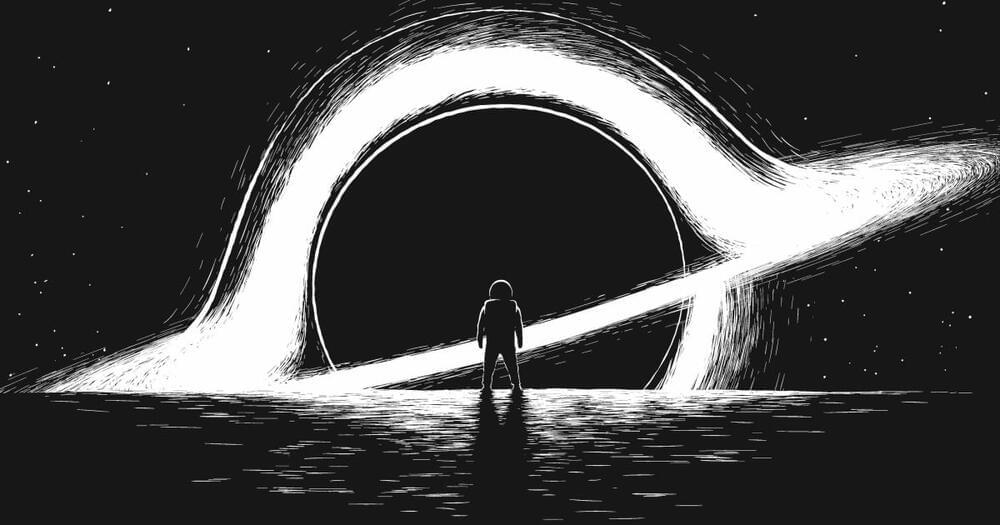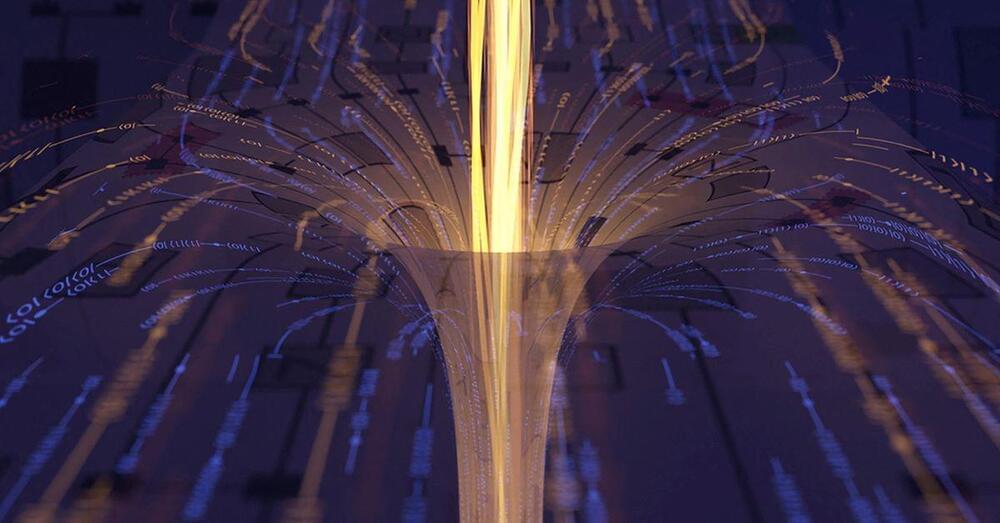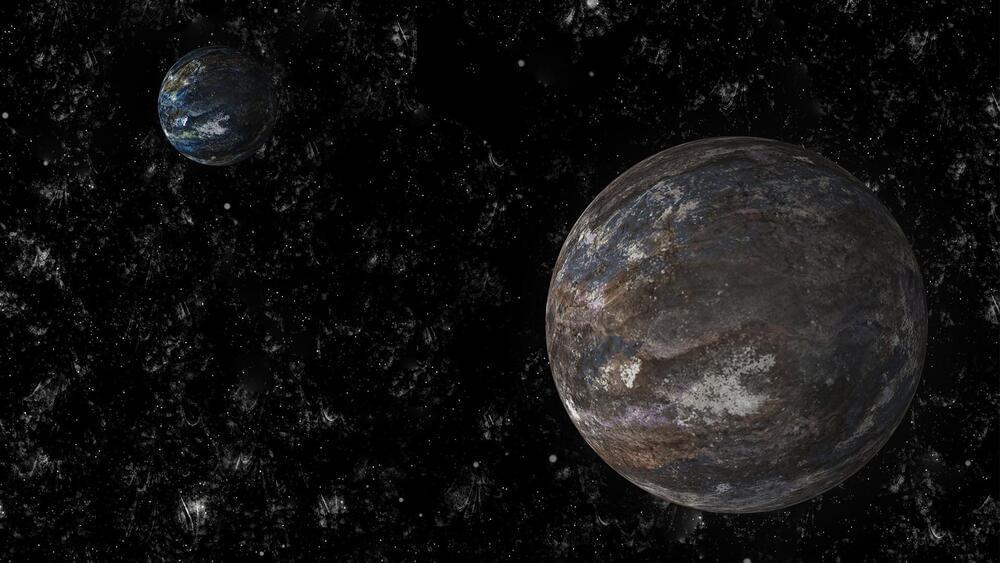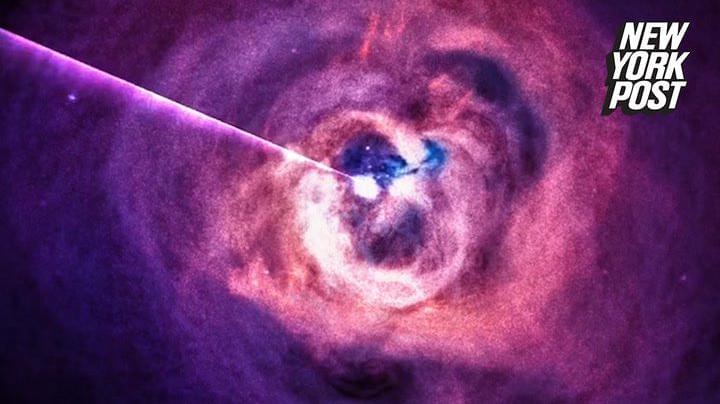The story of modern physics has been one of reductionism. We do not need a vast encyclopedia to understand the inner workings of Nature. Rather, we can describe a near-limitless range of natural phenomena, from the interior of a proton to the creation of galaxies, with apparently unreasonable efficiency using the language of mathematics. In the words of theoretical physicist Eugene Wigner, ‘The miracle of the appropriateness of the language of mathematics for the formulation of the laws of physics is a wonderful gift which we neither understand nor deserve. We should be grateful for it.’
The mathematics of the twentieth century described a Universe populated by a limited number of different types of fundamental particles interacting with each other in an arena known as spacetime according to a collection of rules that can be written down on the back of an envelope. If the Universe was designed, it seemed, the designer was a mathematician.
Today, the study of black holes appears to be edging us in a new direction, towards a language more often used by quantum computer scientists. The language of information. Space and time may be emergent entities that do not exist in the deepest description of Nature. Instead, they are synthesized out of entangled quantum bits of information in a way that resembles a cleverly constructed computer code. If the Universe is designed, it seems, the designer is a programmer.







